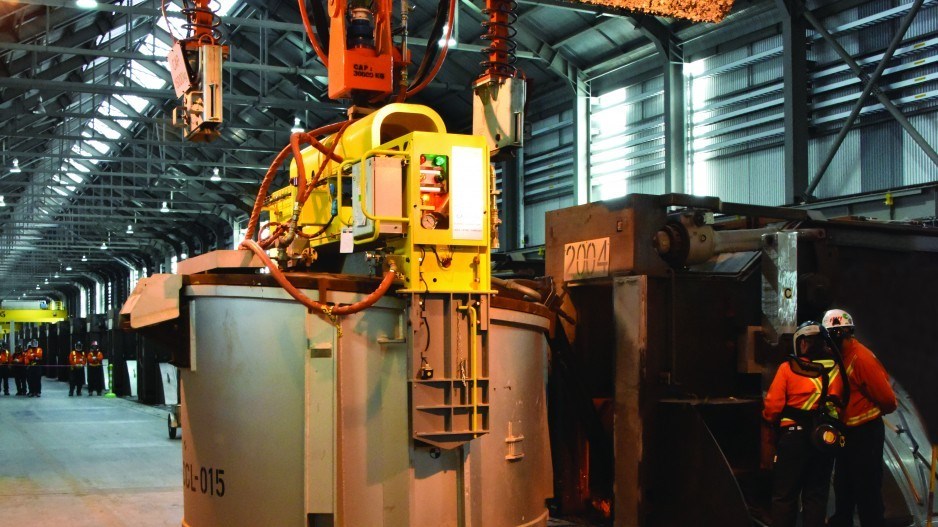More than $16 billion worth of retaliatory tariffs and surtaxes on American imports will go into effect on Canada. Meanwhile, Ottawa is also earmarking up to $2 billion worth of financial aid to protect Canada’s steel and aluminum industry.
The measures are in response to 25% duties on Canadian steel exports to the U.S. and 10% duties on Canadian aluminum.
“The tariffs introduced by the United States on Canadian steel and aluminum are protectionist and illegal under WTO and NAFTA rules – the very rules that the United States helped to write,” Canada’s Foreign Affairs Minister Chrystia Freeland said in a news release.
“It is with regret that we take these countermeasures, but the U.S. tariffs leave Canada no choice but to defend our industries, our workers and our communities, and we will remain firm in doing so. The real solution to this unfortunate and unprecedented dispute is for the United States to rescind its tariffs on our steel and aluminum.”
On July 1, more than $16 billion worth of retaliatory taxes and tariffs will go into effect on selected American imports, including dollar-for–dollar tariffs on American steel and aluminum, 25% and 10% respectively.
In addition, a 10% surtax will be applied to a range of American imports, from coffee to lawn mowers.
To protect Canadian workers in Canada’s steel and aluminum industries, Ottawa will make up to $2 billion worth of financial aid available.
The aid will include up to $800 million through the Business Development Bank of Canada and Export Development Canada (EDC) to small and medium-sized businesses to help them diversify markets and invest in new technology and equipment.
It will also provide $25 million for work sharing programs aimed at helping steel and aluminum companies from having to lay off workers.
Other measures include:
• $250 million to help Canadian producers better integrate the supply chain within Canada and improve competitiveness, through the Strategic Innovation Fund;
• $50 million through the Labour Market Development Agreements to help laid off workers with training and employment;
• $50 million to help companies diversify their markets away from the U.S and take advantage of new trade agreements, like the Canada-European Union (EU) Comprehensive Economic and Trade Agreement.
Canada’s steel industry employs more than 23,000 Canadians and contributes $4.2 billion to Canada’s gross domestic product (GDP), according to the federal government. The Canadian aluminum industry employs 10,500 workers and contributes $4.7 billion to Canada’s GDP.
B.C. is not a major steel producer, but it does produce aluminum.
The recently expanded Rio Tinto Alcan (NYSE:RIO) aluminum smelter is Kitimat’s biggest employer and taxpayer. With a workforce of 1,000, it employs one out of every six people in the town of 6,400 inhabitants.
It sells roughly $600 million worth of aluminum to the U.S. annually, so a 10% tariff could add $60 million to U.S. prices.
@nbennett_biv




